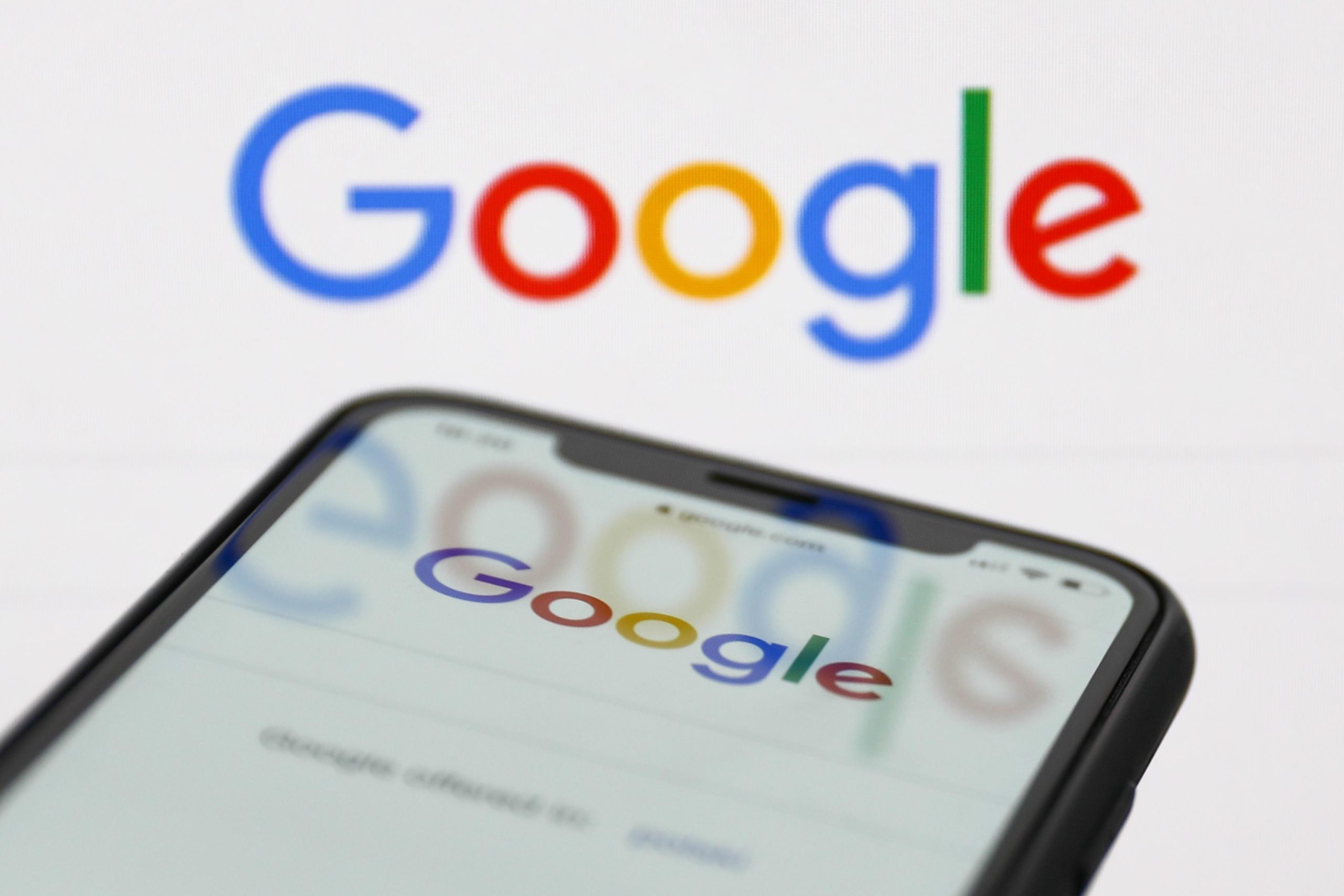
Google is adding features to its search engine to combat misinformation. (Photo by Jakub Porzycki/NurPhoto via Getty Images)
NurPhoto via Getty Images
In 2014, if you were to Google “King of the United States,” you would have seen a picture of Barack Obama, yelling passionately into a microphone while at a podium.
That’s not true, of course. But Google proclaimed it with authority after surfacing a Breitbart article entitled, “All Hail King Barack Obama, Emperor Of The United States of America!”
The episode highlights how clumsy Google can be with snippets, search results that the company elevates to the top of the page as a definitive answer to a query. The problem has persisted throughout the years, with Google stating plainly that certain presidents were in the KKK, or that women are evil.
Google on Thursday unveiled a handful of new features aimed at combating these kinds of falsehoods on its search engine, one of the most widely used information tools on the planet. Far from its origins as a simple website that listed 10 links as search results, Google is now a sprawling and cluttered site that highlights news stories, tweets, maps, hotel bookings, and more. As the site has grown — and as misinformation peddlers have become more sophisticated — the search engine has become more vulnerable to spreading lies and wrong information.
“In recent years, the growth of misinformation has become even more of a pressing challenge for us as a society,” Pandu Nayak, a vice president of search at Google, told reporters on Wednesday. “We can only deliver on our mission if we can deliver high quality results.”
Google said it would use its artificial intelligence systems to improve search snippets. The company will use machine learning software, called MUM, or Multitask Unified Model, to check information across multiple reliable sources that agree on the same facts. The process will allow the system to come to a general consensus, Google said, even if the sources don’t phrase the information in the same way.
The company is also expanding its “About this result” feature, originally released last year, to include more context about search results. In addition to seeing a short description of the website or company and when the result was indexed, people will now also see more granular information about the result. For example, it will tell you if a company is owned by another entity. On the flip side, if Google can’t find much information about a result, it will disclose that as well. The company is also launching “About this result” in more languages, including Spanish, German and Indonesian.
Google is also updating its “content advisories,” which it displays usually during breaking news situations, like a mass shooting or natural disaster, when the situation is developing rapidly and not much information is available. Now, in addition to telling people when information is scarce, it will also warn people when information is available but may be unreliable, based on Google’s ranking system for search results.
The new features underscore the ongoing and escalating battle that tech giants are fighting against purveyors of misinformation. The problem will only become more heightened as the United States turns to midterm elections later this year. Google, along with Facebook and Twitter, has been under fire for years for having its platforms exploited when it comes to conspiracy theories, Covid-19 information and extremism.
None of the updates, however, apply to YouTube, which Google also owns, and has long been a major culprit in the spread of misinformation. “Their problem is a little bit different than ours in search,” Pandu said, noting that YouTube hosts content and uses a personalized feed. “We don’t work on YouTube directly, and YouTube doesn’t work on us directly.”







